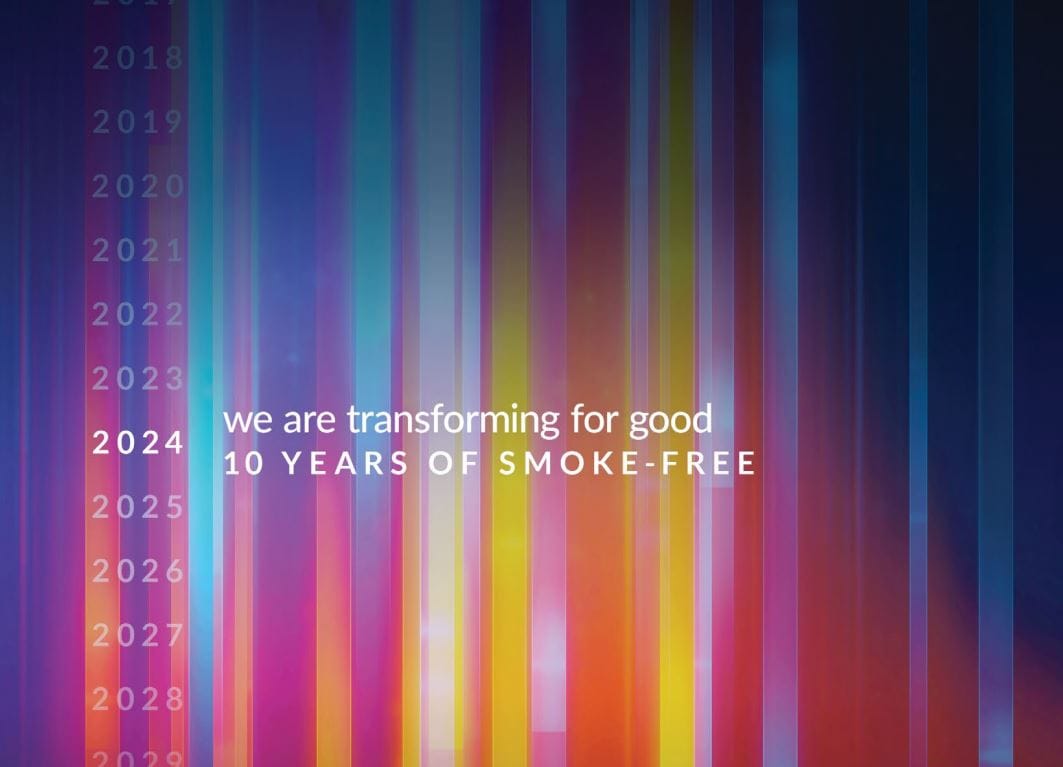ESG has gained popularity and found itself in the spotlight for the past few years. With society’s notable shift towards sustainability, it’s clear that environmental, social, and other issues are on everyone’s agenda, especially for investors.
As a result, many businesses are turning part of their focus toward funding initiatives or financing instruments linked to sustainability. These include green bonds, social bonds, sustainability-linked bonds, and sustainability-linked loans, to name a few.
These financing instruments aim to further develop the key role that debt markets can play in funding and encouraging companies that contribute to sustainability (from an environmental and/or social and/or governance perspective). They are suitable for all investors and are particularly relevant for fixed-income funds with a sustainable investing strategy, notably ESG integration, best-in-class, and thematic approaches.
PMI wants to be at the forefront of—and part of—sustainable finance market developments, including the broader progress that this type of financing can advance. We want to further develop the vital role that investors can play by engaging with companies to encourage change and actively contribute to sustainability. We believe that sustainable financing will become the norm of the future and, with a clearer alignment between capital and corporate commitment, serve to highlight the importance of both shareholders and stakeholders.
Business Transformation-Linked Financing Framework
Our Business Transformation-Linked Financing Framework builds on our genuine commitment to transform, following:
- A Statement of Purpose issued by the Board of Directors
- Concrete KPIs for reporting and compensating executives on that purpose (Business Transformation Metrics)
- The issuance of business transformation-linked financing instruments where the interest rate is tied to targets for these KPIs
- PMI’s continued reporting of progress via its integrated reporting
The transformation of our company is intrinsically linked to our sustainability and corporate strategy, serving our shareholders and stakeholders. Understanding that our most material issue comes from the impacts created by the products that we sell, it is evident that only a radical transformation—our move away from selling cigarettes in the future—can successfully contribute to PMI becoming a more sustainable company.
To strengthen our commitment and further highlight to stakeholders the seriousness of our smoke-free ambitions, we wish to link our most material sustainability priorities to our financing. We have decided to develop and further publish a framework to cover their alignment with the Sustainability-Linked Bond Principles published by International Capital Market Association (“ICMA”), and the Sustainability-Linked Loan Principles published by the Loan Market Association (“LMA”).
We believe that a Business Transformation-Linked Financing Framework not only helps reinforce our commitment to reinvent our company, but will also allow investors and lenders to engage with and support our industry-leading transformation as we work to accelerate the end of smoking and use our strong capabilities to develop products that go beyond nicotine and have a net positive impact on society.
Key Performance Indicators (KPIs) and Sustainability Performance Targets (STPs)
The Key Performance Indicators (KPIs) selected for the Business Transformation-Linked Financing Framework directly measure and respond to the focus of PMI’s sustainability strategy and the company’s most material topic: Addressing the health impact of its products. The chosen KPIs are directly linked to two of PMI’s most ambitious and strategic Business Transformation Metrics:
- PMI’s smoke-free/total net revenues percentage, measuring the scale of the company’s business transformation in regularly reported financial terms and reflecting the publicly announced benchmark by which it aims to become a predominantly smoke-free company.
- The number of markets where PMI’s smoke-free products are available for sale, measuring the access provided to adult smokers around the world, which serves as a key indicator of the company’s commitment to drive the elimination of cigarettes as quickly as possible in as many markets as possible.
The selected KPIs are key elements for demonstrating PMI’s progress toward a smoke-free future. They also illustrate its leading position versus the other global industry players, both in actual performance and in ambitions for 2025 and beyond. The two KPIs serve as an integral part of PMI’s broader 2025 aspirations included in its Integrated Report 2020 Integrated Report 2020 and are verifiable and regularly reported metrics for external stakeholders to provide visibility on how the company achieves its goals.
The Business Transformation-Linked Financing Framework includes two Sustainability Performance Targets (SPTs), with a target observation date of December 31, 2025:
- Increase PMI’s full-year 2025 smoke-free/total net revenues percentage to more than 50 percent, from the 2020 baseline of 23.8 percent.
- Increase the number of markets where PMI’s smoke-free products are available for sale to 100 markets by the end of 2025, from the baseline of 64 markets on December 31, 2020.
Second Party Opinion
A Second Party Opinion (SPO) entails an assessment of the alignment of our Business Transformation-Linked Financing Framework with the core components of the ICMA Sustainability-Linked Bond and the LMA Sustainability-Linked Loan Principles principles: material, measurable, ambitious, regularly reported, and externally verified. It includes a review of our overarching objectives and strategy, related to our transformation objectives. You can read the SPO provided by S&P Global Ratings here.
Engagement with investors has always been critical. Now, perhaps more than ever, it is also key to accelerating our transformation and bringing an end to smoking as quickly as possible. I hope this can serve to inspire something bigger within our industry and set an example for other industries also undergoing transformations.





